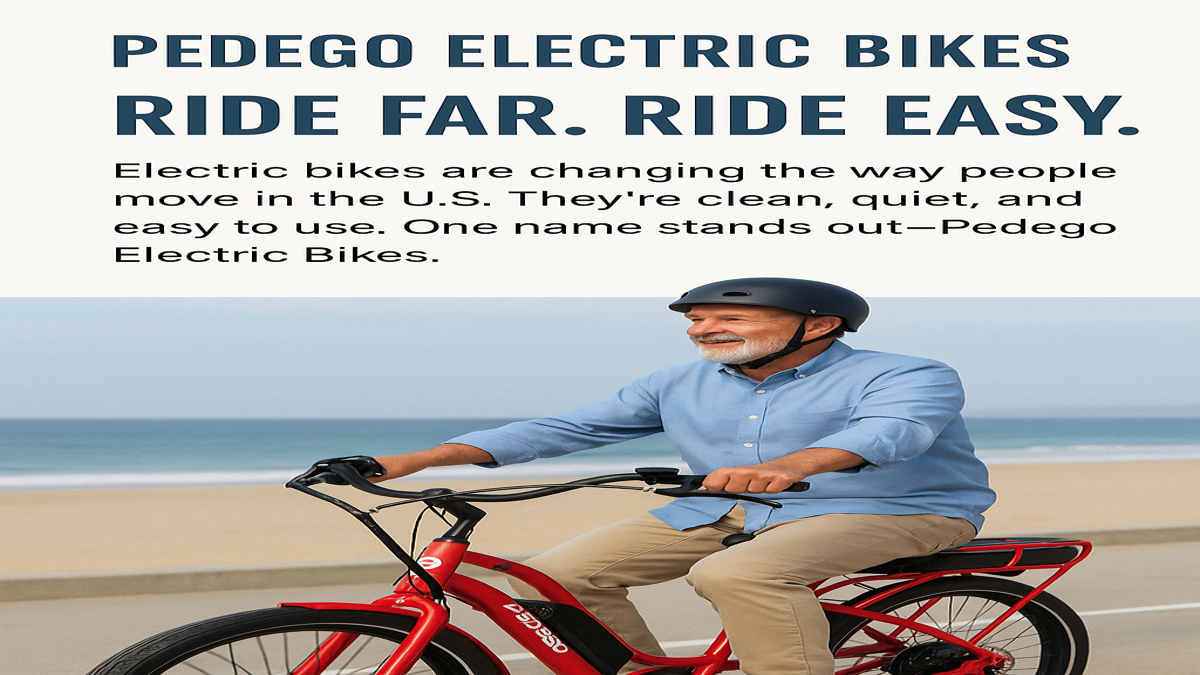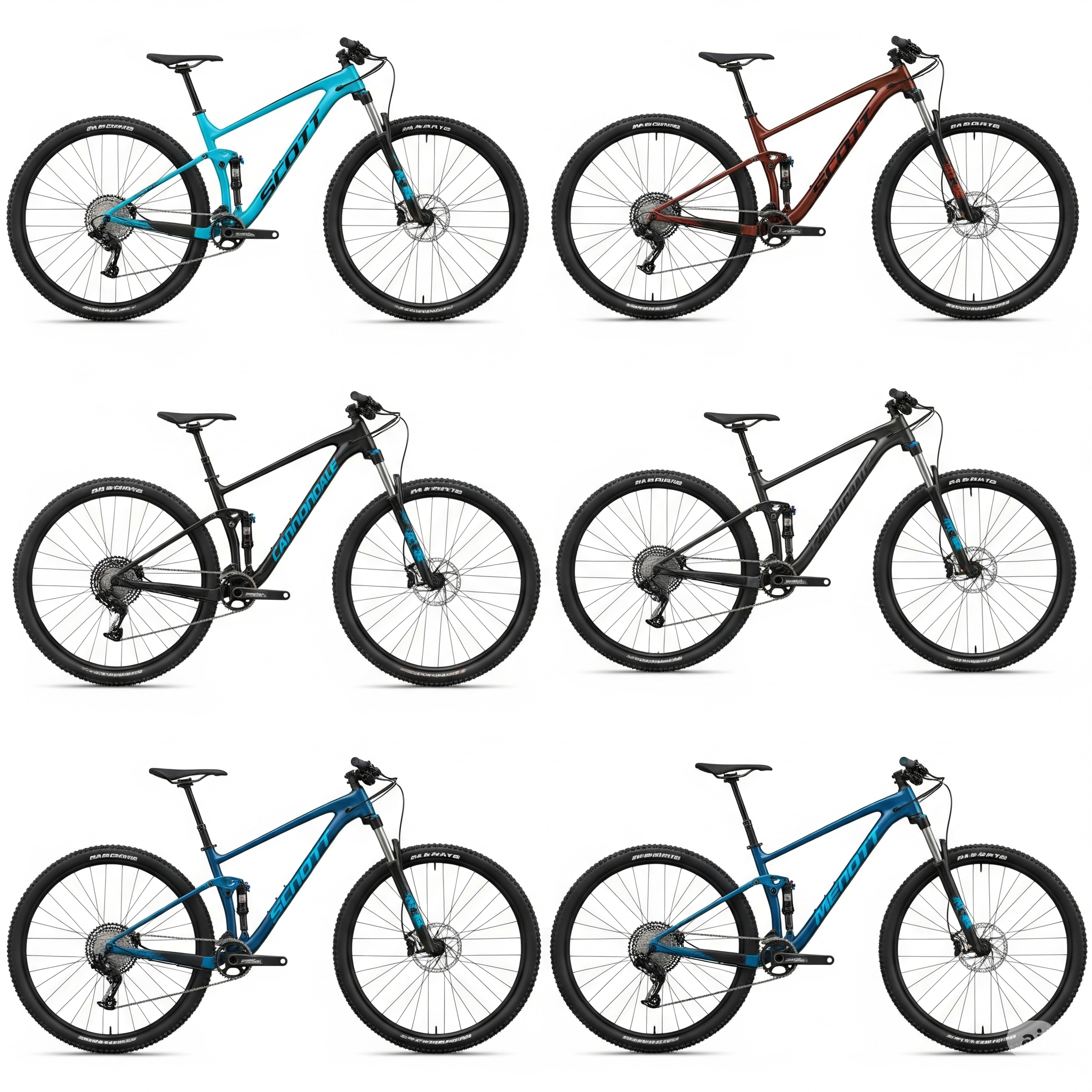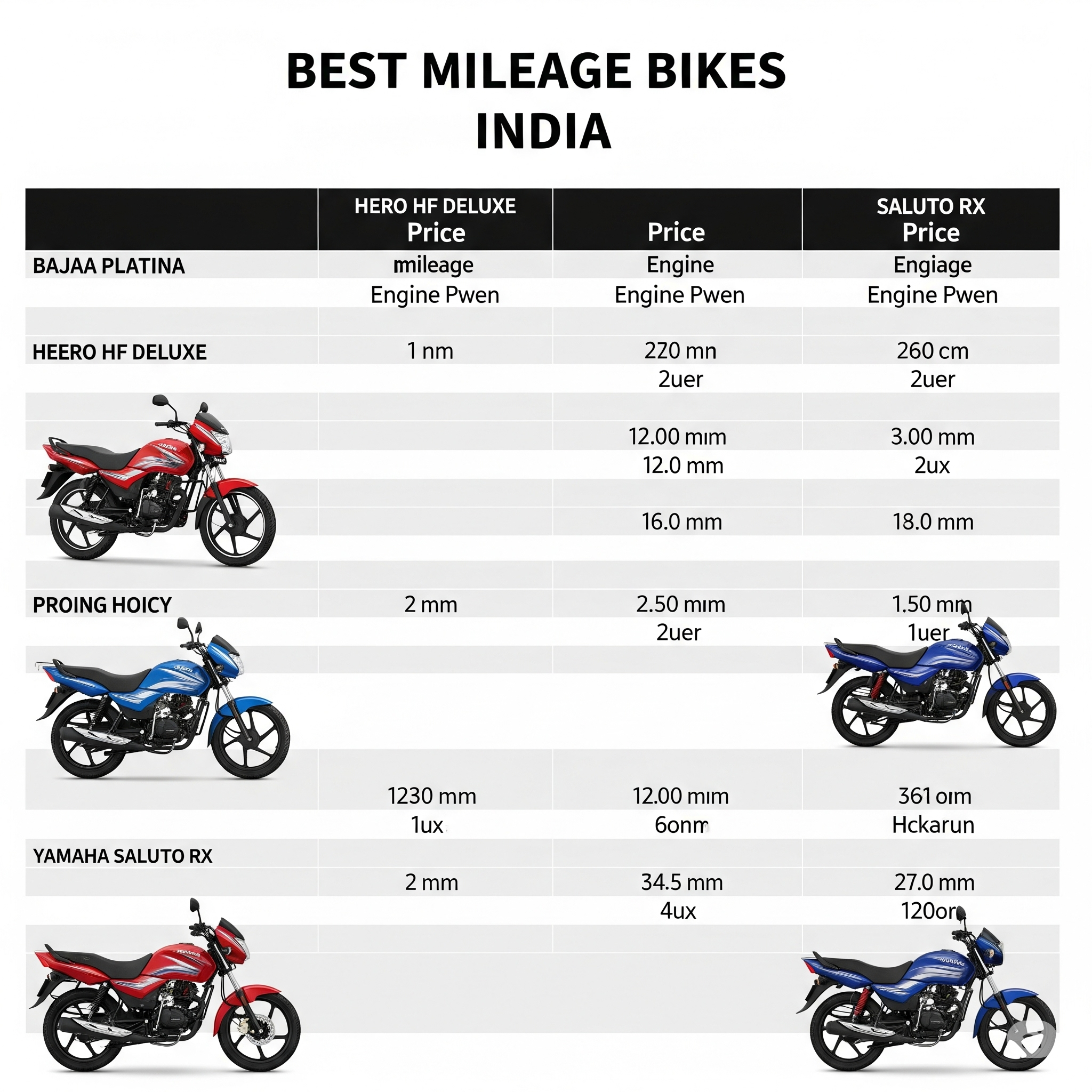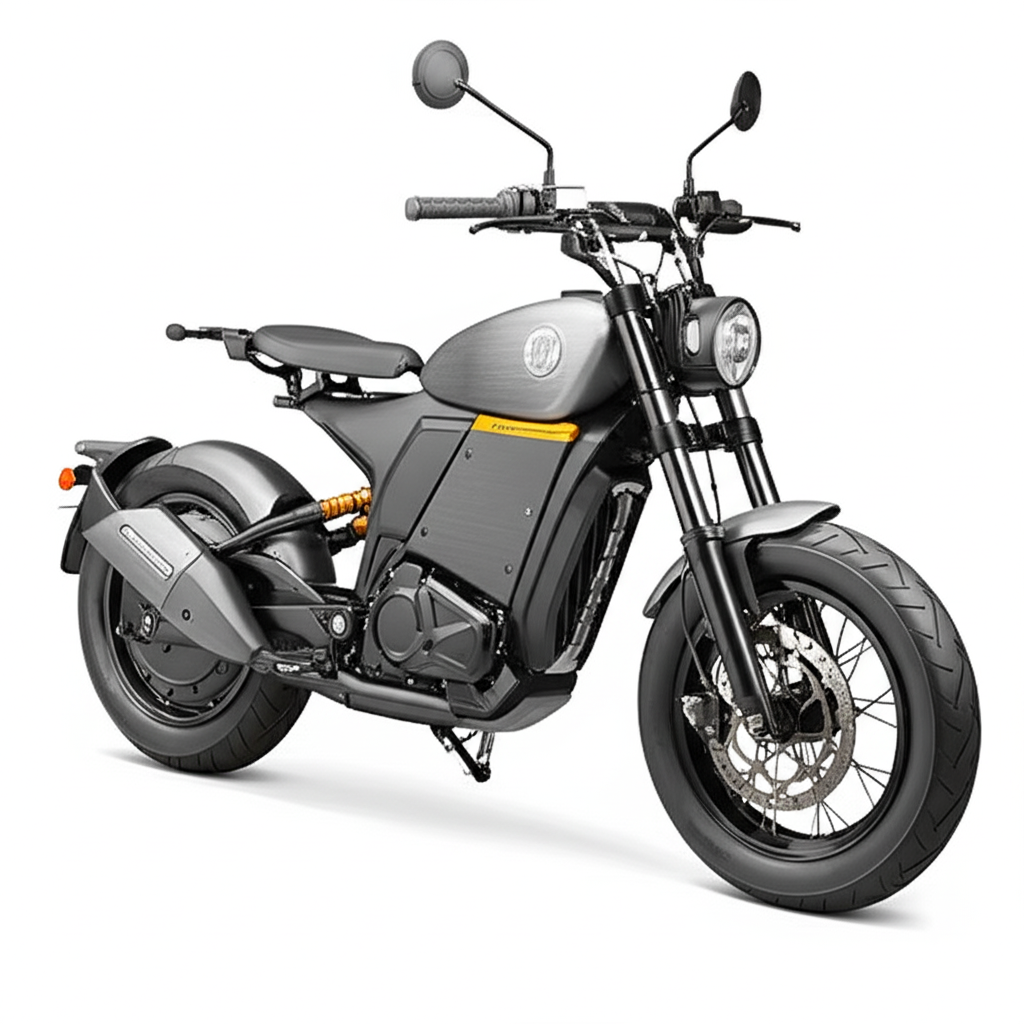If you live in any busy Indian city, you know what it feels like to be stuck in endless traffic. The honking, the fumes, the crawling pace of vehicles. It’s more than just wasted time; it affects health, mood, and the environment. Over the past few years, one company has stepped into this mess with a fresh idea—electric two-wheelers designed for shared mobility. That company is Yulu, and their approach has caught the eye of students, office-goers, and eco-conscious riders alike.
This article takes you through the journey of the Yulu electric bike, why it matters, how it works, and what future it may shape for India’s transport system.
Why India Needed a New Way to Move
Indian cities have grown faster than their roads. Population density is high, public transport is often crowded, and owning a car is expensive. Two-wheelers have long been the go-to solution, but petrol bikes add to pollution and congestion.
On top of that, short trips dominate daily travel. Whether it’s a 3 km ride to a metro station or a quick commute to an office park, using a personal car feels unnecessary. That gap created space for a new model—small, affordable, and easy-to-access electric bikes that anyone can rent with just a phone.
The Yulu Story
Yulu was founded in 2017 by Amit Gupta, one of the co-founders of InMobi. He noticed the deep gap between people’s daily travel needs and the options available. Cars were too big for short trips. Autos were unreliable. Motorbikes demanded ownership and fuel costs. Cycles were too tiring for Indian weather.
That’s where Yulu stepped in with dockless, app-based mobility. The first fleet was pedal bicycles. It was a bold experiment, but not a perfect fit. The real breakthrough came when the company introduced compact electric scooters—light, affordable, and purpose-built for urban rides. These became the face of Yulu.
How the System Works
The idea is simple but powerful. You download the Yulu app, find the nearest bike, scan the QR code, and start riding. Once you reach your destination, you leave it at a Yulu Zone or a designated parking area and lock it through the app. No fuel stations, no keys, no ownership hassles.
Pricing
The service charges by the minute, not by distance. That means you can take a 2 km or a 7 km trip without worrying about extra fuel costs. For daily commuters, there are subscription packs that cut down expenses even further.
Battery Swapping
Perhaps the most innovative part is the battery system. Instead of plugging in for hours, Yulu relies on a network of battery swapping stations powered by its partner, Magna. When a bike runs low, Yulu staff swap the old battery with a fully charged one. This keeps downtime low and ensures that riders almost never worry about charging.
Why People Choose Yulu
There are a few clear reasons why the Yulu electric bike has become popular in big cities:
-
Convenience – No license is needed because the top speed is capped at 25 km/h. That opens the door for students, women, and workers who don’t want the stress of paperwork.
-
Affordability – Compared to cabs or even autos, Yulu is often cheaper for short distances.
-
Eco-friendliness – With zero tailpipe emissions, it feels like a personal contribution to cleaner air.
-
Traffic advantage – The small frame zips through narrow lanes, making it faster during rush hour than cars stuck in line.
-
Ease of use – Lightweight, silent, and simple to operate, even for someone who has never ridden a motorbike.
The Role in First and Last-Mile Connectivity
Metro networks in cities like Bengaluru and Delhi have made long commutes easier, but the challenge always lies in reaching the station from home and the office from the station. Autos often overcharge for such short trips, and walking in the heat is not an option.
This is where Yulu shines. It acts as a bridge, connecting people from door to metro and metro to office. For companies in tech parks, Yulu also partners to ensure dedicated parking zones for their employees.
The Environmental Impact
Transport emissions are among the biggest contributors to air pollution in Indian cities. By replacing petrol scooters with electric ones, even at a small scale, the reduction adds up. Yulu claims to have prevented thousands of tons of CO2 emissions since its launch.
There’s also the sound factor. A silent ride may not sound like a big deal, but when multiplied across thousands of vehicles, it changes the soundscape of a city. Less noise means less stress.
Partnerships and Growth
The journey hasn’t been without challenges. Building an ecosystem of vehicles, charging, maintenance, and parking requires strong support. Yulu has worked with multiple stakeholders—city authorities, metro stations, and private companies.
In 2022, Yulu partnered with Magna, one of the world’s largest auto suppliers, to expand its battery swapping network. This gave them the muscle to think bigger, moving from just Bengaluru and Pune to other metro cities.
Food delivery platforms have also begun to explore Yulu fleets for last-mile delivery. Riders save on fuel, and companies cut down their carbon footprint.
User Experiences
Talk to regular users and a pattern emerges. Students like the freedom of riding without the costs of ownership. Office workers appreciate the time saved during peak traffic. Women often highlight the sense of safety compared to haggling with auto drivers.
Of course, not every story is glowing. Sometimes bikes are unavailable in certain zones. At peak hours, finding one can take time. There are also concerns about parking discipline, with some users leaving bikes in awkward spots. But overall, satisfaction levels are high, and repeat usage keeps growing.
The Future of Shared Mobility in India
The larger question is whether Yulu can scale. India’s cities are vast, and the demand is enormous. For success, three things must align: affordability, availability, and reliability.
Government support will also be crucial. Dedicated parking zones, incentives for electric mobility, and integration with metro and bus services can help Yulu grow further. As fuel prices rise and environmental awareness spreads, demand for alternatives will only increase.
How Yulu Compares With Owning a Scooter
Owning a petrol scooter in India means paying for fuel, insurance, servicing, and occasional breakdowns. Parking is another headache. For many, those costs and hassles don’t make sense if the primary need is just a short daily commute.
The Yulu electric bike removes those burdens. No insurance, no license, no fuel bills. It’s pay-as-you-use. For someone who doesn’t ride every day or only needs a vehicle for 5–10 km trips, Yulu is almost always cheaper.
Challenges Ahead
No innovation comes without obstacles. Yulu still faces issues like vandalism, uneven distribution of bikes, and the need for more charging hubs. Battery life and maintenance also demand constant attention.
Competition is another factor. As more companies see opportunity in this space, the battle for riders will get tougher. But Yulu’s early entry and strong partnerships give it a head start.
Why It Matters Beyond Just Transport
This isn’t just about getting from point A to point B. The rise of services like Yulu signals a shift in how Indians view mobility. The traditional model of ownership is giving way to shared, sustainable options. It also opens new jobs in fleet management, battery swapping, and tech support.
For cities, it means fewer emissions, less congestion, and smoother integration of public transport. For individuals, it means freedom, savings, and a chance to breathe cleaner air.
Looking Ahead
The next five years will decide how far Yulu can go. With the right support, it could become as common as auto-rickshaws in daily life. Imagine a city where thousands of Yulu electric bikes are parked neatly outside every metro station, ready for anyone to pick up. That future doesn’t feel very far away.
Final Thoughts
The Yulu electric bike represents more than a gadget or a short-term service. It’s part of a larger solution to India’s traffic, pollution, and urban chaos. By combining smart design, easy access, and green energy, it offers people a new way to move through their city.
If you’ve ever felt frustrated by traffic or guilty about emissions, trying one ride can change your perspective. It’s quiet, clean, and surprisingly fun. And perhaps, it’s a glimpse of how the next generation of Indians will experience mobility.
FAQ Section
Q1. What is a Yulu electric bike?
A Yulu electric bike is a compact, battery-powered scooter available for shared use in Indian cities. It’s designed for short rides, easy to rent via an app, and doesn’t need a driving license.
Q2. How much does it cost to ride a Yulu bike?
Yulu charges per minute of usage. Rates vary slightly by city, but short trips usually cost less than an auto-rickshaw. Subscription packs are also available for frequent riders.
Q3. Do I need a license to ride a Yulu electric bike?
No license is required. The bikes are speed-limited to 25 km/h, which makes them accessible to students and first-time riders.
Q4. Where can I find Yulu bikes?
Yulu bikes are available in cities like Bengaluru, Pune, Mumbai, and Delhi. You can locate the nearest one through the Yulu app.
Q5. How does Yulu charge its bikes?
Yulu operates a battery swapping model. When a bike runs low, staff replace the empty battery with a fully charged one, so riders never worry about charging.











Leave a Reply